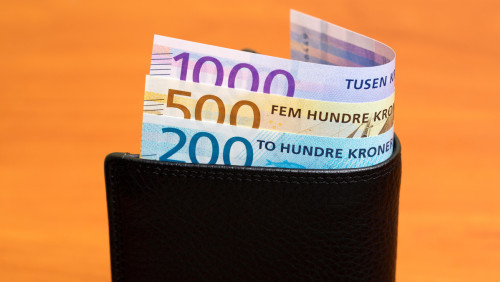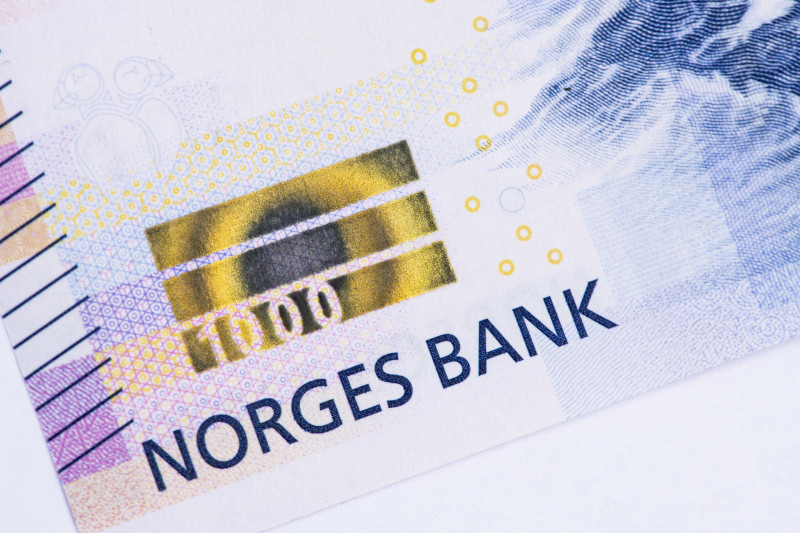English
New Norges Bank Decision May Affect the Norwegian Krone Exchange Rate

The Norwegian krone exchange rate has remained low for months. Fot. Adobe Stock, licencja standardowa
After four months of daily purchases of the Norwegian krone, Norges Bank has announced a change in strategy. Starting in November 2025, the central bank will begin selling kroner on the foreign exchange market. The institution will shift from being a buyer to a seller. This new decision may impact the exchange rate and increase pressure on the Norwegian currency to weaken.
Norges Bank has announced it will sell NOK 24 million net per day. These operations will be carried out as part of daily currency transactions. The change in direction means the bank will be buying foreign currencies instead of selling them.
On Friday morning, one euro was worth 11.66 NOK, and one US dollar was worth 10.07 NOK. The market pays close attention to such moves by the central bank, as they have a direct impact on the value of the krone.
On Friday morning, one euro was worth 11.66 NOK, and one US dollar was worth 10.07 NOK. The market pays close attention to such moves by the central bank, as they have a direct impact on the value of the krone.
Why Is Norges Bank Changing Course?
The decision is due to changes in two main areas of the bank’s foreign exchange transactions. First, Norges Bank will purchase foreign currencies for NOK 150 million per day as part of transfers to the Oil Fund (GPF).
These operations aim to invest oil revenues abroad, which requires selling Norwegian kroner. The bank also plans to buy kroner for NOK 126 million per day to provide funds for state dividend payments. This, in turn, means selling foreign currencies, which supports the krone.
These operations aim to invest oil revenues abroad, which requires selling Norwegian kroner. The bank also plans to buy kroner for NOK 126 million per day to provide funds for state dividend payments. This, in turn, means selling foreign currencies, which supports the krone.

The decision is intended to affect the value of the Norwegian currency.Source: Photo by Norges Bank/Flickr.com (CC BY-ND 2.0)
Impact of the Decision on the Exchange Rate and Economy
Increased supply of the krone on the market may put downward pressure on its exchange rate. The change in Norges Bank’s strategy neutralizes previous efforts to strengthen the currency. The scale of the sale—NOK 24 million per day—is not large compared to the total currency turnover.
The decision sends a clear signal to investors. The market may interpret this as a sign of further weakening of the Norwegian currency in the coming weeks.
The decision sends a clear signal to investors. The market may interpret this as a sign of further weakening of the Norwegian currency in the coming weeks.
Weaker Krone – Consequences for Residents of Norway
A weaker krone has a direct impact on the daily lives of Norwegians. Imported goods such as electronics, cars, or food products will become more expensive.
At the same time, Norwegian exports—including fish and industrial products—may become more competitive abroad. However, for tourists traveling from Norway, this means less favorable exchange rates when converting to euros, dollars, or pounds.
At the same time, Norwegian exports—including fish and industrial products—may become more competitive abroad. However, for tourists traveling from Norway, this means less favorable exchange rates when converting to euros, dollars, or pounds.
Dodaj komentarz
Wyślij
